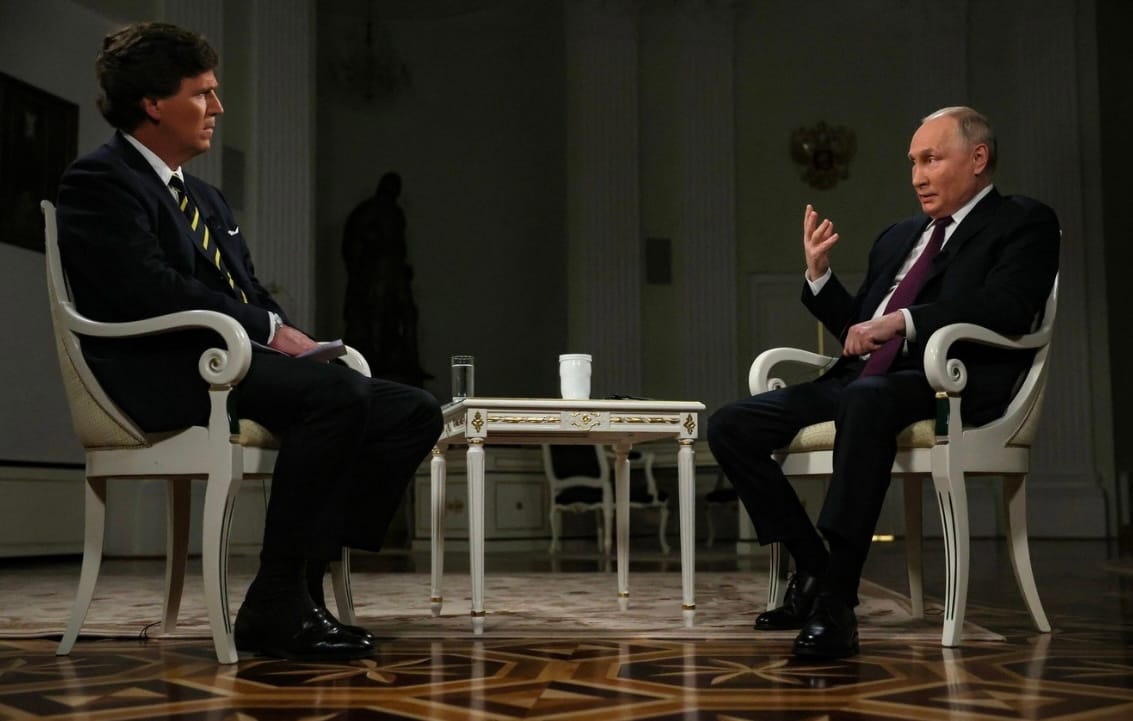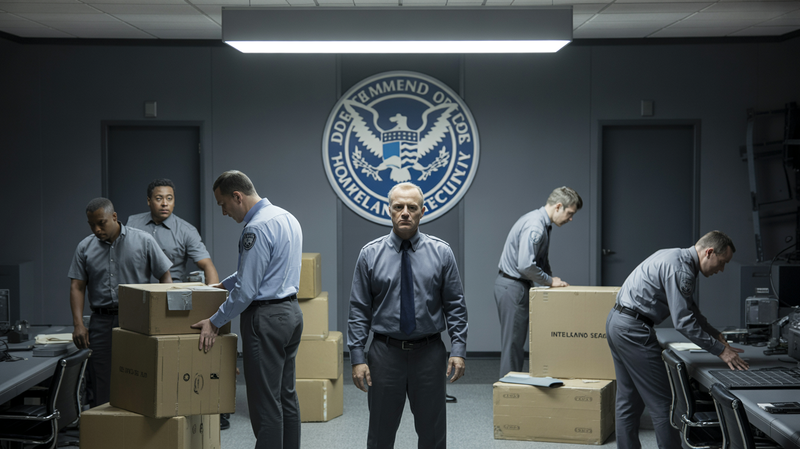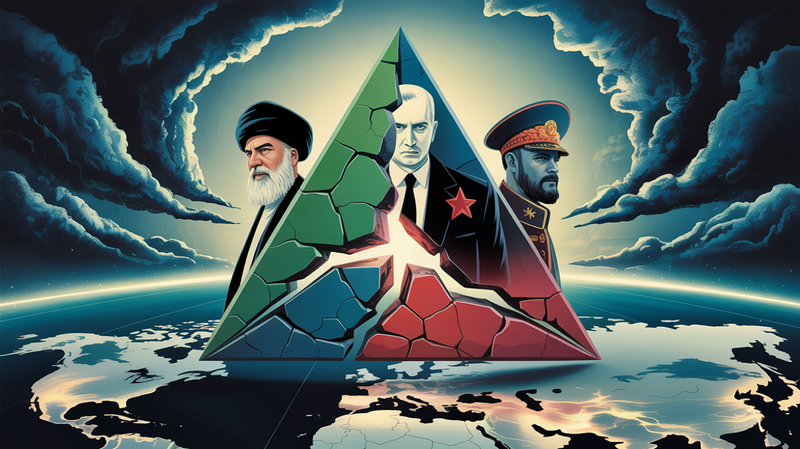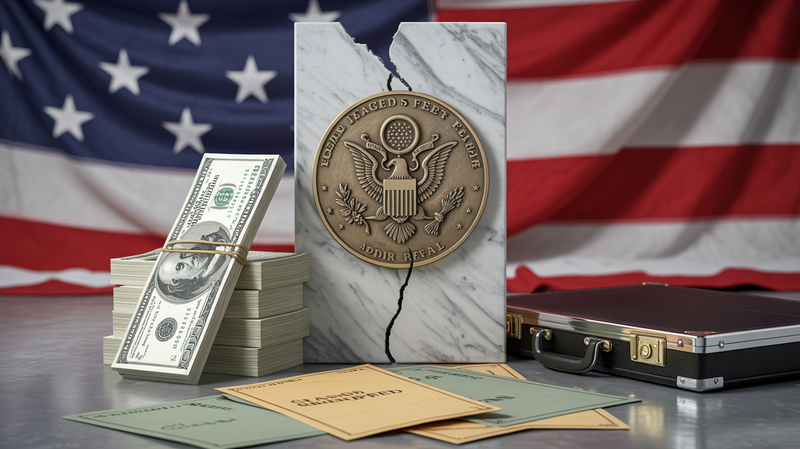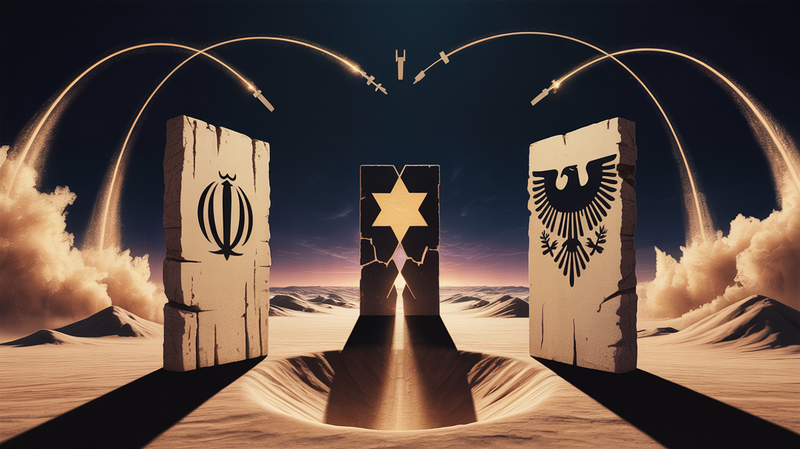Bridging Epochs: The Unprecedented Dialogue Between Putin and Carlson That Shifts Global Perspectives
Picture this: In a world that feels increasingly divided by geopolitical rifts, something quite extraordinary happened. Picture Moscow, a city where history and modernity dance together, setting the stage for an unexpected meeting. Russian President Vladimir Putin and former Fox News anchor Tucker Carlson sat down to chat. Yes, you
Picture this: In a world that feels increasingly divided by geopolitical rifts, something quite extraordinary happened. Picture Moscow, a city where history and modernity dance together, setting the stage for an unexpected meeting. Russian President Vladimir Putin and former Fox News anchor Tucker Carlson sat down to chat. Yes, you read that right. Amidst the grandeur of Moscow's historical buildings and the city's dynamic beat, these two figures from seemingly different worlds found common ground for a conversation. This wasn't just any talk; it spanned over two gripping hours, covering the hottest topics on the global stage.
Imagine the scene: The ongoing conflict in Ukraine, the delicate dance of U.S.-Russia relations, and the echoes of past tensions that still shape our world today—all of these were laid out on the table. This chat gave us a peek into Putin's mind, a chance to understand his views directly, without the usual filters. It was a dialogue that went deeper than politics, touching on history, personal connections, and visions for the future of international ties. As this conversation aired, it wasn't just the big shots and analysts who tuned in; people worldwide were glued to their screens, keen to grasp the currents shaping our planet.
Now, let's dive into the heart of their exchange. We're talking about a conversation that explored everything from the nitty-gritty of the Ukraine situation to Putin's personal take on global leadership and the strategic role of media. This analysis aims to peel back the layers of their dialogue, offering an in-depth look at one of the world's most closely watched leaders.
In a groundbreaking chat that bridged the gap between the Kremlin and Western media, Putin and Carlson tackled a slew of contentious issues. Central to their discussion was Putin's claim that the conflict in Ukraine could end quickly if the West pulled back its military support. This viewpoint not only spotlights a major global debate but also reflects Putin's longstanding criticism of Western policies, which he believes undermine regional stability, with Russia bearing the consequences.
Digging into the past, Putin used the term "de-Nazification" to frame Russia's actions in Ukraine, drawing parallels with historical struggles against ideologies he sees as threats to Russian identity and sovereignty. This narrative serves as a justification, resonating with those who share certain historical sensibilities.
Reflecting on his interactions with past and present U.S. presidents, Putin offered a nuanced take on Russia-U.S. relations, shaped by leadership styles and personalities. Insights into his relationships with Donald Trump, George W. Bush, and Joe Biden shed light on the intricate dance of international diplomacy, where personal dynamics can sway the geopolitical landscape.
The conversation took an interesting turn with Putin's comments on Elon Musk, signaling an awareness of how technology and innovation impact global affairs. This recognition extends beyond politics, highlighting the multifaceted nature of modern leadership.
Discussing journalistic freedom, the detention of Wall Street Journal correspondent Evan Gershkovich brought the Kremlin's views on information and security into focus. Putin's remarks reflect the ongoing tension between state security and press freedom, a debate that resonates globally.
The Nord Stream pipeline incident provided a glimpse into the tangled web of energy politics, with Putin hinting at U.S. involvement. This exchange underscores the complex energy dynamics between Russia and the West, adding another layer to their strained relationship.
Carlson's unique access to the Kremlin, despite his critical stance on U.S. policies towards Ukraine, exemplifies the strategic use of media in diplomacy, aiming to sway narratives and public opinion in the West.
This deep dive into Putin's conversation with Tucker Carlson reveals more than just the Russian president's viewpoints. It's a tapestry of history, personal diplomacy, and media strategy, challenging conventional perspectives. By weaving together historical context, current geopolitical realities, and personal anecdotes, this dialogue sheds light on the intricate factors shaping international relations today.
Exploring Putin's perspective on leadership, international politics, and the future of global conflicts, this candid exchange highlights the importance of dialogue in unraveling the complex nature of world affairs. It's a reminder that history and contemporary challenges are intertwined, crafting narratives that influence policy and perception across the globe.
Wrapping up this analysis, the chat between Putin and Carlson stands as a pivotal moment in the unfolding story of global geopolitics. Offering a rare insight into the mindset of a key global player, it lays the groundwork for ongoing discussions across academic, political, and social circles. As we look ahead, the themes explored in this conversation will continue to resonate, shaping views and policies in an ever-changing world.
